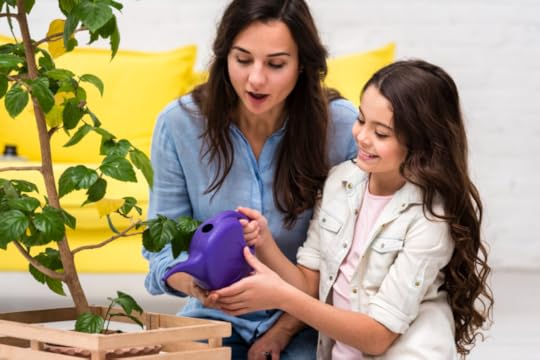Do I Need to Hire a Babysitter for My 12-Year-Old?

Parents often wonder if 12 is the right age to let a child stay home alone. At this stage, kids are on the edge of adolescence, seeking independence but still needing guidance. The decision isn’t always simple—it depends on maturity, safety concerns, and legal factors.
Some children are already showing responsibility, while others still need close supervision. Ultimately, parents must consider whether their child is ready to handle the responsibility safely. This balancing act can bring uncertainty, but with the proper knowledge, families can make a confident and informed choice about whether a babysitter is necessary.
Is a 12-Year-Old Mature Enough to Stay Alone?Maturity varies widely at age 12. Some children can manage basic household rules with ease, while others may still need reminders. Parents should look for signs such as:
Following instructions consistently Completing chores without being asked Problem-solving calmly when things go wrong Respecting boundaries, such as screen time or phone useA key question is whether your child can remain calm during an emergency. For example, would they know what to do if the power went out or if a smoke alarm went off? Comfort level also matters. Some children enjoy quiet time alone, while others feel anxious without an adult nearby.
The American Academy of Pediatrics notes that children under 12 are often not ready for long periods alone, but maturity should be evaluated individually. Parents must decide if their child’s actions demonstrate readiness rather than relying only on age.
Local Laws About Leaving a 12-Year-Old UnsupervisedLegal guidelines vary widely across the United States. Only a few states, such as Illinois, have a clear minimum age written into law, while most provide recommendations instead of strict requirements.
According to the U.S. Department of Health & Human Services, many states suggest children be at least 12 before staying home alone, but the exact age depends on the circumstances.
Even in places without specific laws, parents may still be held responsible if something goes wrong while a child is unsupervised. Checking your local regulations is a critical first step in making this decision.
Potential Risks of Leaving a 12-Year-Old Without SupervisionEven a mature 12-year-old may face challenges when left alone. Some common risks include:
Safety hazards: cooking accidents, falls, or unexpected emergencies Strangers: answering the door or interacting with unknown callers Emotional readiness: fear, anxiety, or loneliness in an empty houseParents should also consider sibling dynamics. A child who manages well alone might still struggle if responsible for younger brothers or sisters. All families’ circumstances are unique, but these risks highlight why many parents remain cautious. Evaluating both safety and emotional well-being is as important as assessing basic maturity.
Could a Part-Time Babysitter or Check-Ins Be a Better Option?Hiring a babysitter doesn’t always mean full-time coverage. For families unsure about leaving a 12-year-old alone, alternatives can ease the transition. Options include:
Occasional babysitters for evenings or weekends Neighbor or family check-ins during short absences Trial periods where the child stays alone for an hour at a timeThese strategies allow children to gain independence gradually. Parents can adjust the level of supervision as confidence grows. Choosing a middle ground provides reassurance while still encouraging responsibility. For many families, this balanced approach works better than moving straight to complete independence.
Preparing a 12-Year-Old to Stay Home AlonePreparation reduces risk and builds confidence. Parents can:
Leave a list of emergency contacts Establish clear house rules Practice short “test runs” before longer absencesThese small steps help children become comfortable, capable, and ready for more responsibility over time.
Final ThoughtsDeciding whether a 12-year-old needs a babysitter is not a one-size-fits-all answer. Maturity, emotional readiness, and household safety all play major roles. Some children thrive with independence, while others need more time and guidance.
Trust your instincts, observe your child’s behavior, and make choices that feel right for your family. Remember that readiness develops at different paces, and there is no “wrong” decision when safety is the priority.
Key Takeaways: Age is less important than maturity. Laws and guidelines vary by state. Risks include safety hazards and emotional stress. Alternatives like part-time babysitters offer flexibility.The post Do I Need to Hire a Babysitter for My 12-Year-Old? appeared first on Geek Mamas .



